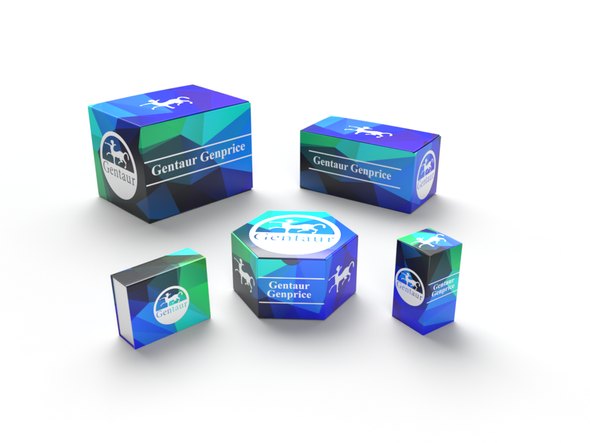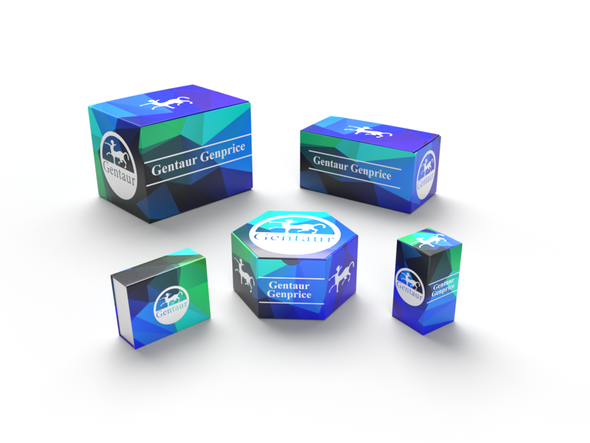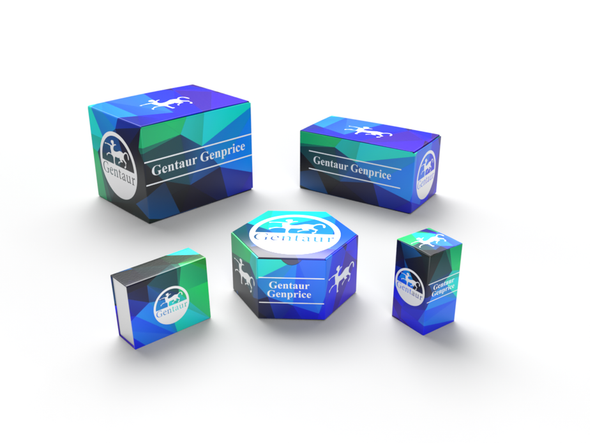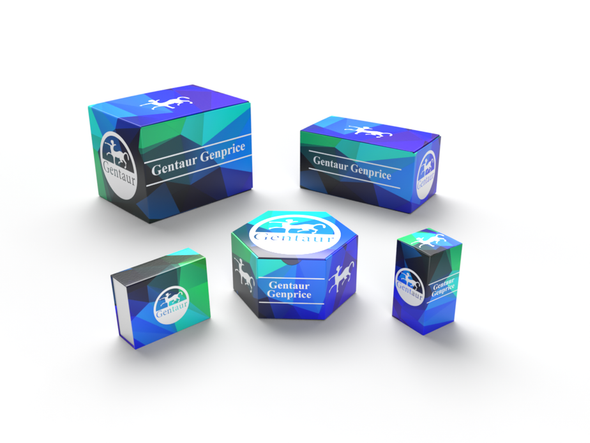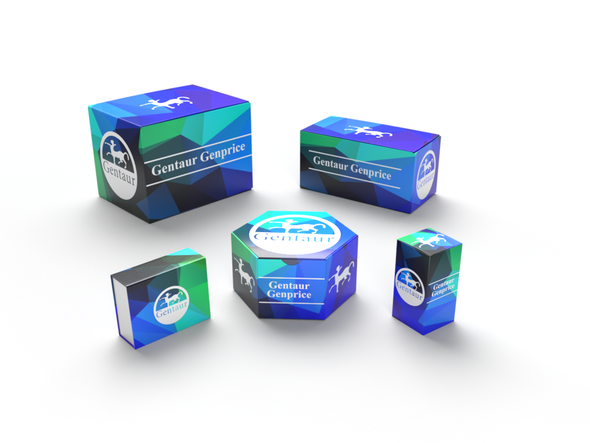Description
Rat Anti-Mouse Ephrin-B1 Antibody | 103-M378 | Gentaur UK, US & Europe Distribution
Species: Anti-Mouse
Host / biotech: Rat
Comment: N/A
Label: N/A
Clone / Antibody feature: (#12A31)
Subcategory: Monoclonal Antibody
Category: Antibody
Synonyms: Efnb1; Epl2; EFL-3; Elk-L; Eplg2; Lerk2; Stra1; Cek5-L; LERK-2
Isotype: IgG2
Application: WB
Detection Range: N/A
Species Reactivity/Cross reactivity: Mouse
Antigen: recombinant mouse protein Ephrin-B1
Description: EphrinB1, also known as LERK2, ELKL, EFL3, Cek5L, and STRA1, is a member of the ephrin ligand family which binds members of the Eph receptor family. All ligands share a conserved extracellular sequence, which most likely corresponds to the receptor binding domain. This conserved sequence consists of approximately 125 amino acids and includes four invariant cysteines. The Bclass ligands are transmembrane proteins which can become tyrosine phosphorylated upon receptor ligation. The cytoplasmic domains are approximately 80 amino acids long and are highly conserved, especially the last 33 amino acids. Several signaling molecules have been shown to interact with the cytoplasmic region, although specific signaling roles have yet to be elucidated. EphrinB1 has been shown to bind EphA3, EphB1, EphB2, EphB3, and EphB4. The extracellular domains of human and mouse EphrinB1 share 94% amino acid identity. Only membranebound or Fc-clustered ligands are capable of activating the receptor in vitro. Soluble monomeric ligands bind the receptor but do not induce receptor autophosphorylation and activation. In vivo, the ligands and receptors display reciprocal expression. It has been found that nearly all receptors and ligands are expressed in developing and adult neural tissue. The Eph/ephrin families also appear to play a role in angiogenesis.
Purity Confirmation: N/A
Endotoxin: N/A
Formulation: lyophilized
Storage Handling Stability: Lyophilized samples are stable for 2 years from date of receipt when stored at -20°C. Reconstituted antibody can be aliquoted and stored frozen at < -20°C for at least six months without detectable loss of activity.
Reconstituation: Centrifuge vial prior to opening. Reconstitute the antibody with 500 µl sterile PBS and the final concentration is 200 µg/ml.
Molecular Weight: N/A
Lenght (aa): N/A
Protein Sequence: N/A
NCBI Gene ID: 13641


